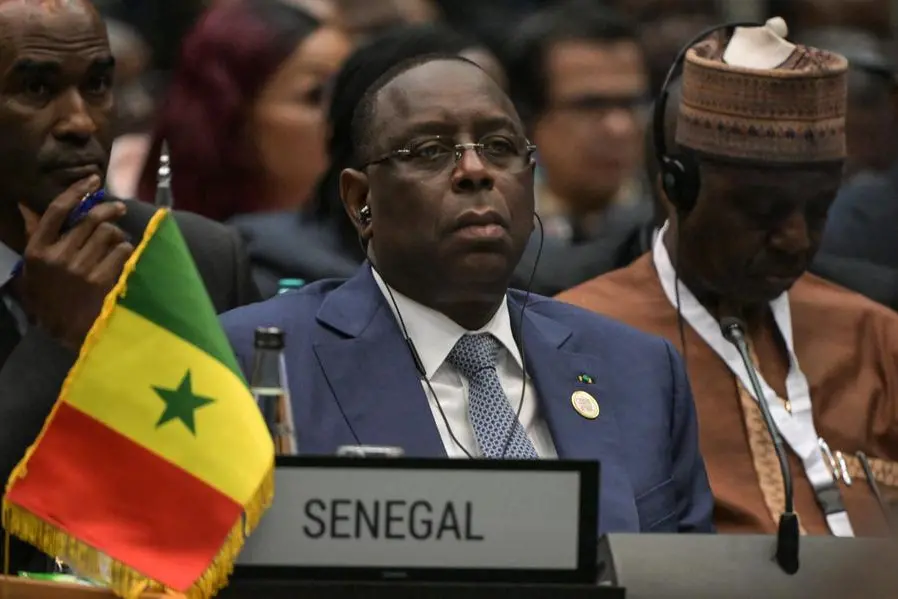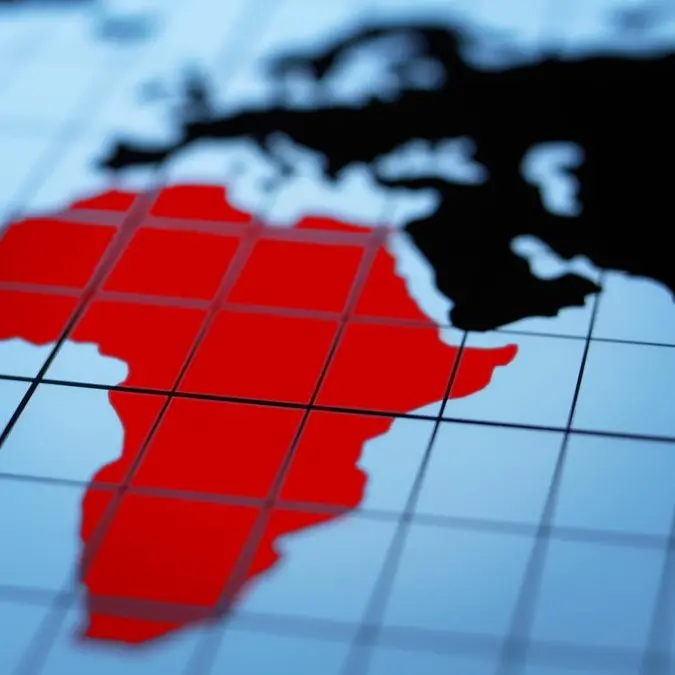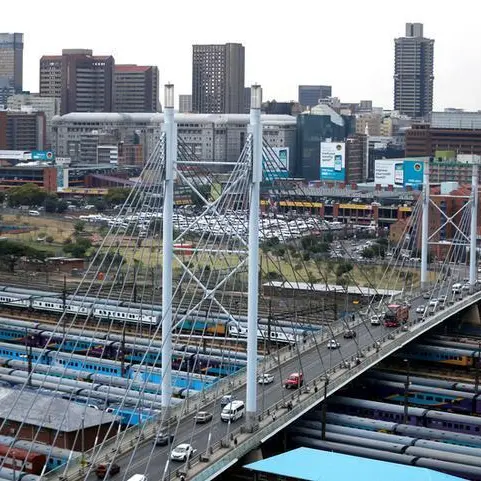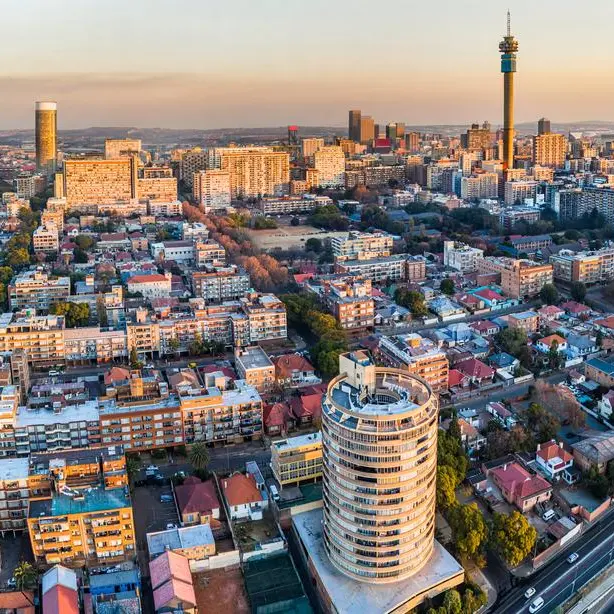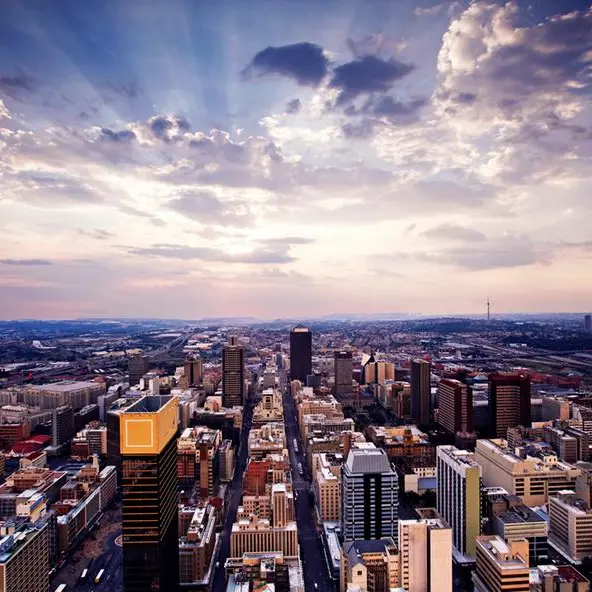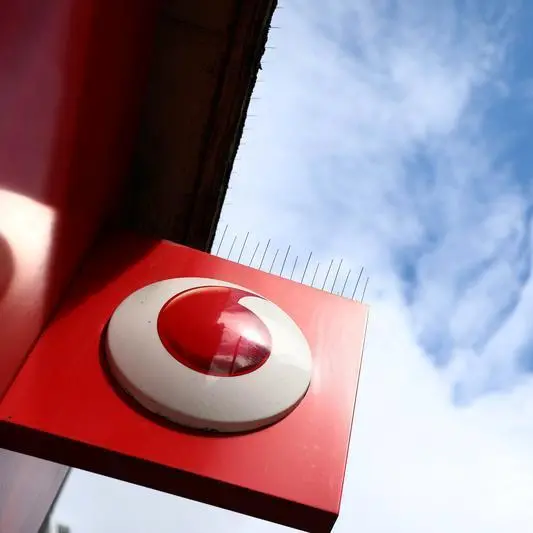PHOTO
Senegal opposition groups tried to mobilise Thursday after President Macky Sall sought to quell widespread public outcry at the delay to this month's presidential election, which has also drawn international condemnation.
The normally stable West African nation was plunged into its worst political upheaval in decades this week after lawmakers voted nearly unanimously in favour of pushing back the February 25 contest to mid-December.
The contentious vote paved the way for President Sall -- whose second term was due to expire in early April -- to remain in office until his successor is installed, probably in 2025.
Foreign ministers from West Africa's ECOWAS bloc were due to meet for emergency talks on Thursday, with Senegal's political turmoil likely on the crisis list alongside disputes with military rulers in three coup-hit countries.
ECOWAS, the European Union and the United States have all called on Senegal to restore its electoral calendar.
In one of the most critical reactions to date, Washington said the vote to delay the election could not be "considered legitimate" because security forces had removed opposition deputies who opposed the bill.
Senegal's international allies have called the move a blow to the country's long-standing democratic principles and voiced concern that it risked triggering unrest in what is often seen as a bastion of stability in volatile West Africa.
A rarity on the continent, Senegal has never experienced a coup since gaining independence from France in 1960.
- 'Internal political logic' -
But authorities have shown no sign of reconsidering the delay to this year's presidential election.
"We are listening to this message," Foreign Minister Ismaila Madior Fall told France 24 television on Wednesday evening, "but we are now giving priority to internal political logic".
Sall said on Saturday that he postponed the vote because of a dispute between the National Assembly and the Constitutional Council over the rejection of candidates, and over fears of unrest as seen in 2021 and 2023.
Members of Sall's parliamentary camp, and those of one would-be candidate banned from standing, voted in favour of the postponement on Monday.
But the opposition suspects the delay is part of a plan by the presidential camp to avoid defeat, or even extend Sall's term in office, despite his reiterating on Saturday that he would not stand again.
Attempted demonstrations have been repressed by security forces and dozens have been arrested.
Senegal's opposition appears to be trying to form a coherent strategy, with calls for strikes and sit-ins starting from Thursday.
Around 40 civil society organisations, including several trade unions, have banded together to call for a "day of no action" on Friday in the capital Dakar.
But despite widespread indignation and sporadic calls for action, life went on much as usual in the city on Thursday.
- 'Peace to the public arena' -
Sall told a cabinet meeting on Wednesday evening that he wanted to embark on "a pragmatic process of calming down and reconciliation", a statement from his office said.
It did not detail what measures he wanted the authorities -- particularly the justice ministry -- to implement, stating only "his desire to bring peace to the public arena".
Sall also reaffirmed his decision not to take part in the election and "renewed his confidence in Prime Minister Amadou Ba".
Ba was handpicked by Sall as his coalition's presidential candidate, but his candidacy was hotly contested within his own camp.
Ba has so far kept silent on the current crisis, but has expressed his support for the postponement of the election, a statement from the presidency said.
